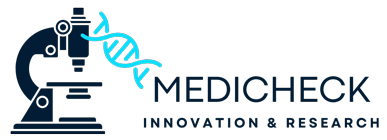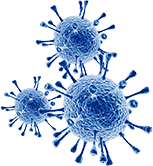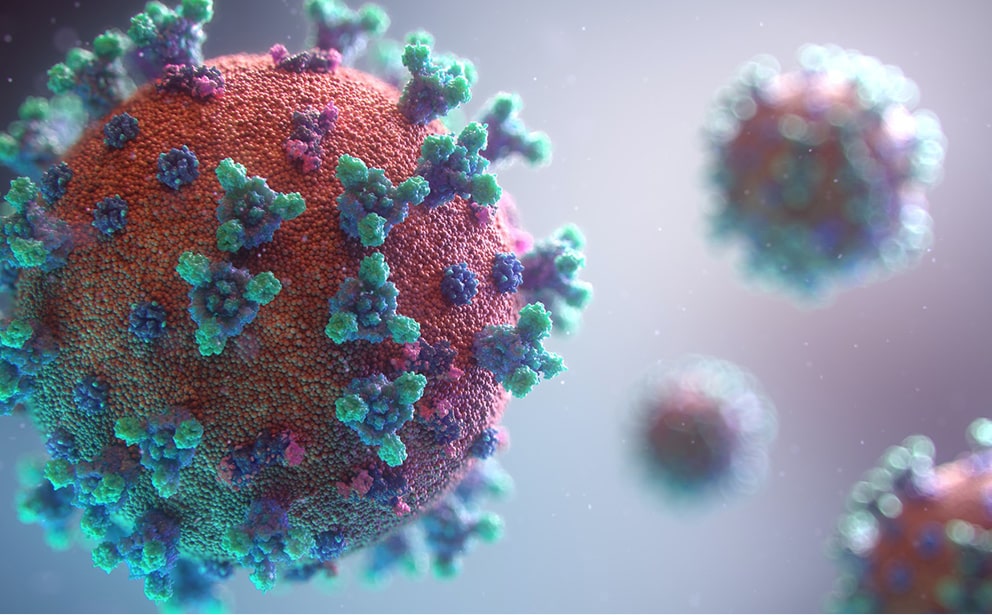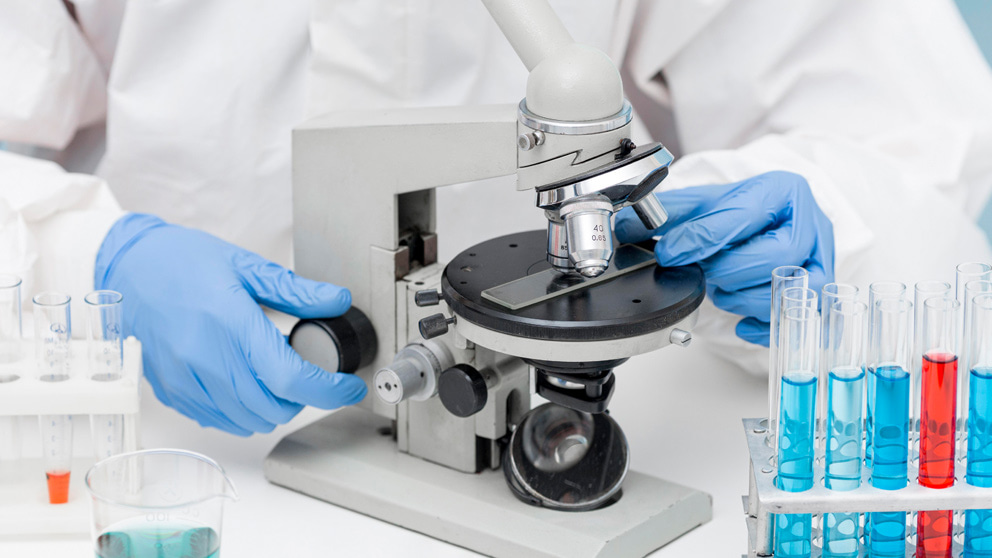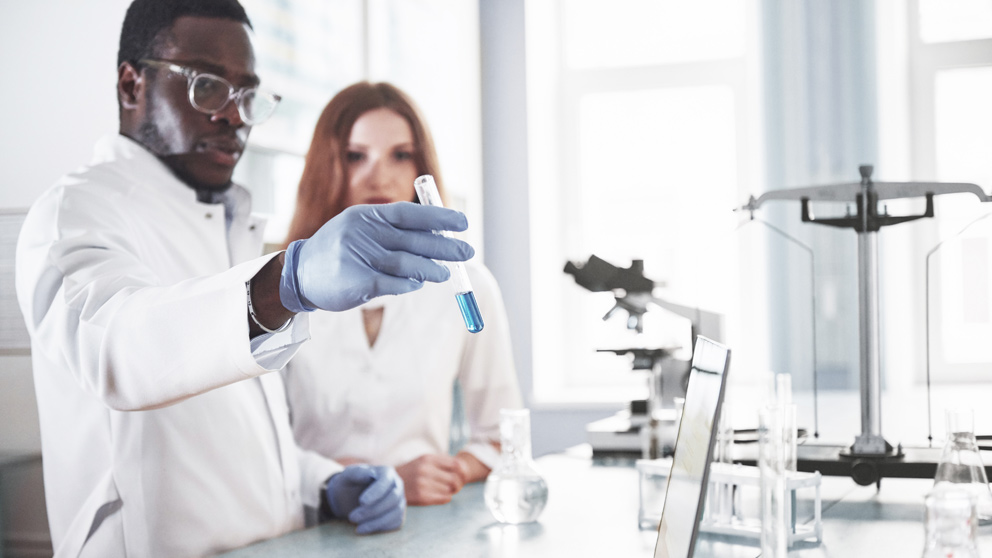Aspirin, one of the oldest and most common medicines in the world, has roots that stretch deep into ancient history. Its key ingredient was first developed from willow bark, which has been used for its healing properties for thousands of years.
But it’s only recently that we’ve begun to uncover one of aspirin’s biggest benefits. Over the past few decades, scientists have found that the simple home painkiller can help prevent bowel cancer in high-risk groups.
And now, thanks to our Stand Up To Cancer-funded CaPP3 trial, we know the best dose of aspirin for the job.
CaPP3’s results show that taking as little as 75 to 100mg of aspirin each day can halve the risk of bowel cancer in people with Lynch syndrome, a heritable genetic condition that makes bowel cancer much more likely. The findings mean regulators and doctors should soon be able to recommend a specific low-dose aspirin prescription for people with Lynch syndrome, protecting many more of them from bowel cancer.
A little dose goes a long way
CaPP3, as its name suggests, is the third trial in the Colorectal Adenoma/Carcinoma Prevention Programme.
With our funding, CaPP2 first showed that a 600mg daily dose of aspirin could halve the risk of bowel cancers linked to Lynch syndrome. However, that study wasn’t designed to find the best dose of the drug, and 600mg is much larger than the doses used to manage other long-term conditions. That means it comes with a higher risk of side-effects, which, in some rare cases, can include bleeding in the stomach.
As a result, although the National Institute of Health and Care Excellence (NICE) now recommends that people with Lynch syndrome should consider taking daily aspirin, it hasn’t been able to instruct doctors to prescribe a specific dose.
A survey conducted in 2016 also revealed that less than half of GPs in the UK (46.7%) knew that daily aspirin could help protect Lynch syndrome carriers from bowel cancer.
That’s what makes CaPP3 so crucial. It was set up to identify the optimal aspirin dose for preventing cancer while minimising the risk of side effects – the missing information needed to change regulations and help GPs understand how to use the drug to lower people’s bowel cancer risk.
So, over the course of five years, CaPP3 gave 1,879 people with Lynch syndrome varying daily doses of aspirin, either 100mg (falling to 75mg after two years), 300mg or 600mg.
The results have now shown that those on the lowest dose of aspirin were just as unlikely to get cancer as those taking higher doses.
“For 30 years, scientists have observed fewer cancers in people who take aspirin,” says Sir John Burn, Professor of Clinical Genetics at Newcastle University, who led the research. “The CaPP3 trial now tells us that aspirin can prevent bowel cancer at lower doses, minimising the chances of side-effects whilst offering vital protection for people with Lynch syndrome.”
Armed with the results of the trial, Burn and his team are now pushing for low dose aspirin to be included in the British National Formulary, the “drugs bible” used by doctors and pharmacists across the country, as a way of preventing cancer in people with Lynch syndrome.
“Only a quarter of people with Lynch syndrome are currently taking aspirin,” Burn says. “Too many people are missing out on a potentially life-changing opportunity to prevent cancer.
“We’re now engaging with the regulators to change prescribing guidelines so that aspirin can be used more widely for people with a high risk of bowel cancer. We have a chance to give more people with Lynch syndrome protection which would reduce their fear of bowel cancer in the future.”
